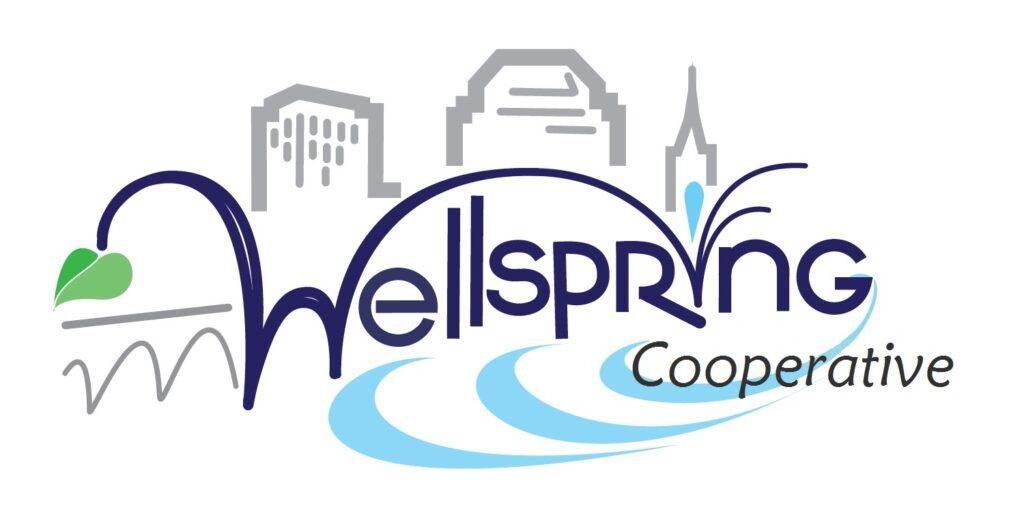Solidarity Economy: An Economy
for People and Planet
The solidarity economy (SE) is a global movement that seeks to build an economy and more broadly, a world that centers the welfare of people and planet rather than private profits and blind growth. The solidarity economy is a big tent, but it does have some foundational elements that define it. The following definition draws on the U.S. Solidarity Economy Network as well as RIPESS (Intercontinental Social Solidarity Economy Network) which engaged in a two year international consultation process to build a common definition.
Definition: As illustrated in the above image, the solidarity economy is 1) a global movement and 2) a framework that 3) connects SE practices (and people) that are 4) aligned with SE values to 5) articulate a post-capitalist world.
As the solidarity economy is grounded in values, it's worth unpacking them a little bit and to note that while the list of values may vary, these five are pretty much universal.
Sustainability
An ecologically-sustainable economy that does not jeopardize our collective health and wellbeing.
Solidarity
Solidarity, cooperation, and mutualism with the recognition that our liberation is interdependent.
Democracy
Participatory democracy in politics, community and work.
Pluralislm
There is no one solution or way forward. As the Zapatistas say, "a world where many worlds fit".
Equity
Equity across race, class, gender, sexuality, and ability.
The solidarity economy exists in all sectors of the economy. Many of these practices are very old and are ways that communities used to survive, often in the face of racist or other discriminatory oppression. Some of these practices are what might be considered ‘alternative’ and some are mainstream such as elements of the public sector, for example public education or policies such as health and safety or environmental regulations. The solidarity economy also recognizes unpaid work such as care labor (child rearing, elder care, caring for neighbors, etc) as valuable economic activity that should be properly supported through policies and funding.
The solidarity economy provides a framework to connect up these diverse practices to articulate a post-capitalist system. Currently, these practices tend to be seen in isolation from one another and are therefore rendered invisible. We can see that there is a vast foundation of solidarity economy practices upon which to build – we need not start from scratch.
While the term solidarity economy arose simultaneously out of Latin America and Europe in the 1980’s, solidarity economy practices have existed throughout human history.
Wellspring Cooperative is a member of the U.S Solidarity Economy Network (USSEN), which works to build the solidarity economy movement in the U.S. and also represents the U.S. on the Board of RIPESS (the Intercontinental Network for the Promotion of the Social Solidarity Economy).
Solidarity Economy and Worker Cooperatives
Cooperatives are an important building block of the solidarity economy and Wellspring sees our co-op development work in this context. Grounding cooperatives in the solidarity economy movement means that Wellspring seeks to connect worker co-ops not only to other co-ops, but other solidarity economy practices such as participatory budgeting, community land trusts, mutual aid and time-banking.
The solidarity economy provides a framework to connect up these diverse practices to articulate a post-capitalist system. Currently, these practices tend to be seen in isolation from one another and are therefore rendered invisible. We can see that there is a vast foundation of solidarity economy practices upon which to build – we need not start from scratch.
While the term solidarity economy arose simultaneously out of Latin America and Europe in the 1980’s, solidarity economy practices have existed throughout human history.
Wellspring Cooperative is a member of the U.S Solidarity Economy Network (USSEN), which works to build the solidarity economy movement in the U.S. and also represents the U.S. on the Board of RIPESS (the Intercontinental Network for the Promotion of the Social Solidarity Economy).
